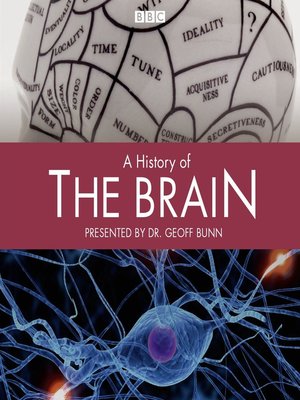A History of the Brain, Episode 9
audiobook (Unabridged) ∣ All or Nothing · History of the Brain
By Geoff Bunn

Sign up to save your library
With an OverDrive account, you can save your favorite libraries for at-a-glance information about availability. Find out more about OverDrive accounts.
Find this title in Libby, the library reading app by OverDrive.



Search for a digital library with this title
Title found at these libraries:
| Library Name | Distance |
|---|---|
| Loading... |
Dr. Geoff Bunn presents a journey through 5000 years of our understanding of the most complex thing in the known universe: the brain, in this major ten-part BBC Radio 4 series.
Episode 9, 'All Or Nothing', focuses on the invention of the electroencephalograph, which made our brain waves visible. Invented by Hans Berger, one of its main proponents was the eccentric English robotics pioneer and neuroscientist, William Grey Walter. Until a near fatal accident, Walter was one of 15% of the population who can't produce the resting, alpha wave - only the active, beta wave. After the accident he could emit alpha waves. Meanwhile, at Cambridge, Edgar Adrian, no fan of the EEG, established the 'all or nothing' principle of nerve transmission to explain simple reflex actions.
The series is entirely written and presented by Dr Geoff Bunn of Manchester Metropolitan University, with actors Paul Bhattacharjee and Jonathan Forbes providing the voices of those who have written about the brain from Ancient Egypt to the present day, and actor Hattie Morahan giving the Anatomy Lesson which establishes the part of the brain to be highlighted in each episode – in this instance the cerebral cortex. The original, atmospheric score is supplied by composer, Barney Quinton. Producer: Marya Burgess.







